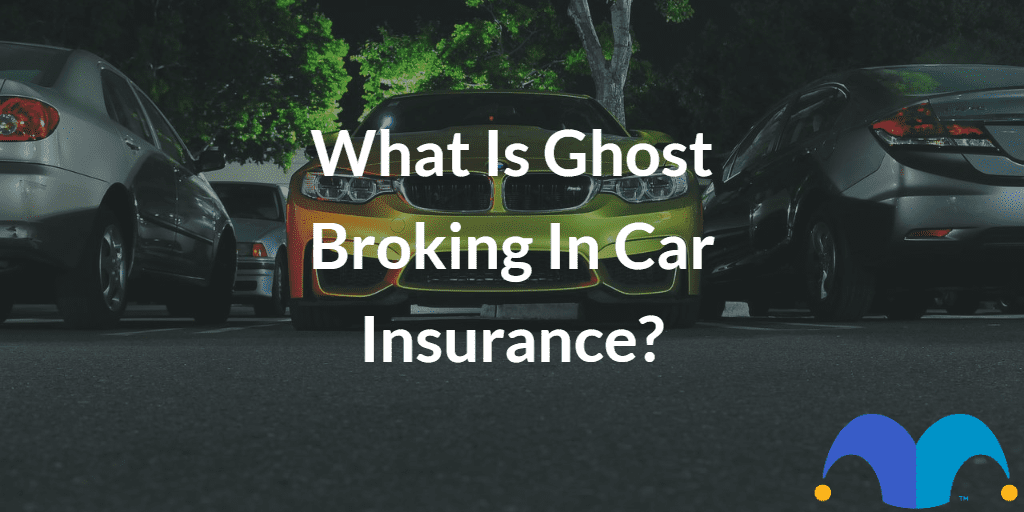If you’re fed up with the annual scramble to renew your car insurance, then you might decide to use an insurance broker. If you do, then make sure you avoid using a ghost broker. Here’s what they are, how they operate and why they’re bad news.
Ghost broking: what’s it all about?
Ghost broking is a type of car insurance scam. It happens when someone sells you a fake policy or a policy that doesn’t even exist.
Scammers usually pose as insurance brokers who act as middlemen between insurance firms and you, the policyholder. The fraudsters then promise to use their ‘industry contacts’ to find you a better deal on your car insurance.
The car insurance scam has become so prolific that the City of London’s Insurance Fraud Enforcement Department (IFED) arrested seven ghost brokers in just one week this summer.
How do car insurance ghost brokers work?
The IFED are keen to point out that ghost brokers don’t fit into a particular mould. They come from all age brackets and work in a variety of ways. In fact, of the arrests the IFED made, the youngest was 22 years old and the oldest was 66.
That said, ghost broking scams tend to fit into one of three main methods.
1. Policy cancellation
This happens when a ghost broker buys a genuine car insurance policy on your behalf. After you’ve paid them for their services, they then cancel the policy without your knowledge.
2. Policy forgery
Scammers use old fashioned forgery to make up fake car insurance policies. Thanks to sophisticated tech, it’s relatively straightforward for ghost brokers to knock up a convincing insurance certificate.
3. Policy falsification
Here, the ghost broker will arrange cover with a real car insurance provider but will use false details to get it. For example, they may tell the insurer you’re older than you really are in order to lower the premium.
What are the consequences of ghost broking for car insurance?
If you’ve been scammed by a ghost broker, then you might get some sympathy from the law but not enough to avoid penalties.
Ultimately, it boils down to the fact that you’re driving without valid car insurance, which is against the law. That means you can end up with a fixed penalty of £300 and six points on your licence.
If you end up in court, then you could face an unlimited fine or be disqualified from driving. Your car may also be seized and destroyed.
How can you avoid being scammed by a ghost broker?
Fraudsters are often successful because they adapt how they operate. Nevertheless, here are some tips that can cut the risk of being scammed:
- Check the policy directly with the insurer – make sure all your details including name, age, address, job and car description are all correct.
- Be mindful of how a broker communicates with you – genuine brokers are professionals who do this for a living. They’re highly unlikely to message you via social media, text or WhatsApp about your policy.
- Look at the broker’s website carefully – scammers can be convincing, but mistakes can often be found in the details. Check for typos and the use of slang or non-professional language.
- Ask for the broker’s FCA number – brokers should be registered with the Financial Conduct Authority (FCA). You can then check they’re legit on the FCA website.
- Confirm your car is insured – you can do this on the askMID website. Simply type in your number plate and this free service will show whether or not your car is insured. Remember though, if your details have been falsified, the policy won’t be valid. So, double-check these with the insurer directly.
How to (legitimately) get the best car insurance
There are all sorts of ways you can find great car insurance deals without the help of a broker.
Take a look at our top-rated car insurance comparison sites and read about how to lower premiums so you don’t fall foul of the law.
